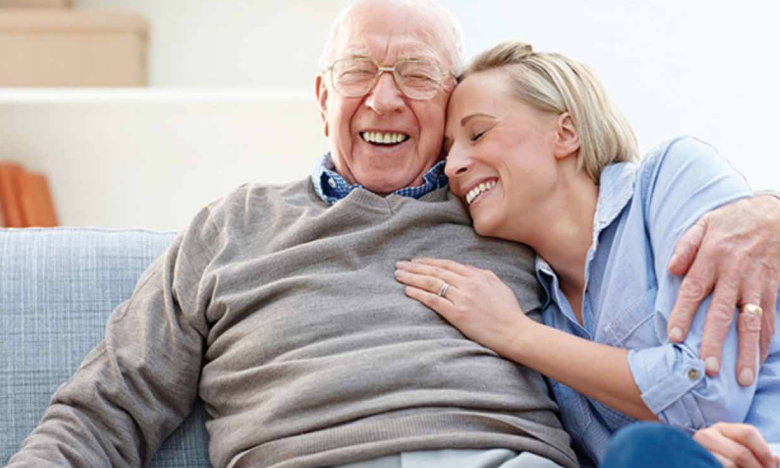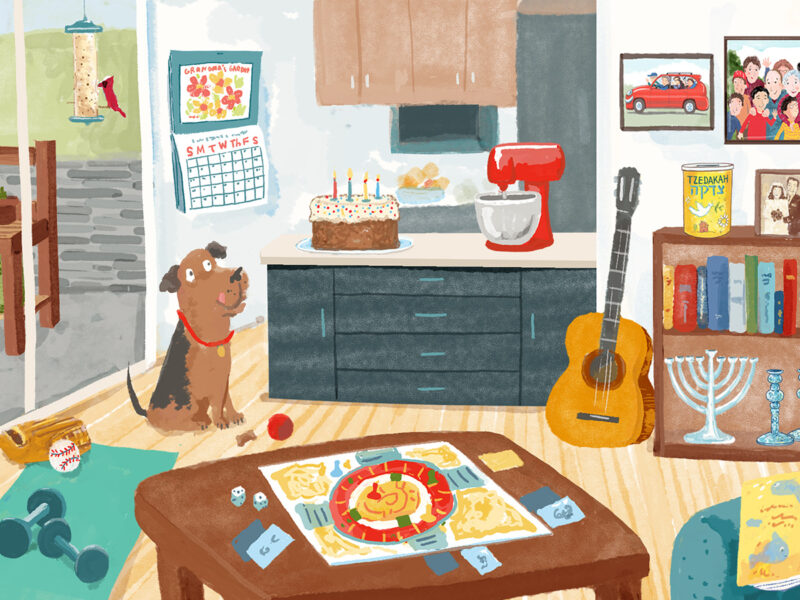Friendly House’s mission is “to create a thriving community for people of all ages and backgrounds through quality educational, recreational and other life-sustaining services.” A Portland institution since 1930, Friendly House in Northwest Portland has three core service areas: children’s programs, community recreation and education, and community services. According to Mya Chamberlin, director of community services, most programs are available free or at low cost, but people across the economic spectrum participate.
Friendly House is always adapting its programming to accommodate its population. Demand for senior services, for example, has grown as aging Baby Boomers swell the population. Just last year, Friendly House added “Community Concierge” to its already robust roster of senior services. It provides personal assistance and service coordination for members of the community who actually do have the means to pay for services. Their neighbors asked for it, Chamberlin says. “They told me, ‘You have senior programs for people with limited means but nothing for us.’ Some say they actually choose Friendly House Community Concierge as a way to ‘give back,’ ” Chamberlin notes. “Entire families have grown up here.”
One interesting senior program, Elder Resource Alliance, was created in 2001. Later called Gay & Gray and recently renamed SAGE Metro Portland, it directly addresses the unique needs of LGBT (lesbian, gay, bisexual and transgender) seniors.
“It was a risk,” Mya acknowledges. “We came out of the closet, as it were.” Would funders pull money from Friendly House because of this program? Most funders, though, embrace it.” It is also in line with today’s widespread focus on cultural sensitivity and awareness, a hot concept in healthcare but also in employment, education and other environments.
A lot of seniors feel marginalized, “invisible,” but it can be especially difficult for gay seniors. Many of them have already faced years of discrimination. Social activities organized by the greater LGBT community tend to skew young. And their straight peers may be uncomfortable with homosexuality.
SAGE provides advocacy, housing assistance, case management, education, and social and support groups. In 2013 the program won Portland Monthly’s “Light A Fire Award,” in the “Honoring our Elders” category.
SAGE participant David Sheriff, 71, says he found Friendly House at a critical time. “I was feeling very vulnerable about a lot of things … health issues…finances,” he remembers. “It was eye opening to meet so many others who were experiencing the same stuff I was.
“We are part of the larger LGBT community, but we have our own set of concerns as we get older. For example: if we move to a care facility, do we have to go back into the closet? Will we be subject to ridicule?
“Loneliness. Isolation. How we relate to the gay and lesbian population around us. And the health issues. It is so rewarding to be able to sit with people who, when I say something, they just get it.”
Other organizations are beginning to recognize this grow- ing demographic group. Robby Sherwin is a board member on AARP’s relatively new Oregon State Diversity Advisory Council. “The need to address senior LGBT housing, health and societal issues is only growing exponentially, as the population of all boomers cross that imaginary threshold into “age-related issues.” In the Jewish community, Cedar Sinai Park strives to maintain a welcoming environment on its campus, which includes Robison Jewish Health Center and Rose Schnitzer Manor, as well as in the affordable housing apartments it owns.
In his 16 years as CEO at Cedar Sinai Park in Portland, David Fuks has had only had one resident, years ago, who reported being uncomfortable.
“It raised the bar from our perspective to be sure this is an open, sensitive place where everyone is welcome,” Fuks says. While Cedar Sinai Park doesn’t have a specific program or service delivery model that focuses on LGBT residents, with employees who come from all over the world, cross-cultural competence is a priority both in terms of service delivery and workplace policy and practice. It is a campus, Fuks says, where people must feel safe.
The “Guide to LGBT Friendly Senior Housing in Oregon, 2014,” produced by SAGE, cites all four of Cedar Sinai Park’s subsidized affordable housing buildings in Portland with four stars.
Rabbi Michael Cahana of Congregation Beth Israel in Portland acknowledges that this can be a sensitive issue. For many, the Biblical text expressly rejects homosexuality. In our American “culture wars,” he says, the antigay voice was often the religious voice. “In large segments of the Jewish community, however, we have taken the ideal of inclusion to be essential,” Cahana says. “I think that Jewish organizations that are welcoming should be very public about it.”
For those who want to raise their level of awareness, Friendly House offers quality diversity training for students and professionals in the fields of nursing, social work, naturopathy, geron- tology, adult in-home care staff and senior housing providers, as well as to government employees, LGBT organizations and others.
Liz Rabiner Lippoff is a medical marketing consultant, freelance writer and community volunteer. LizInk.biz




